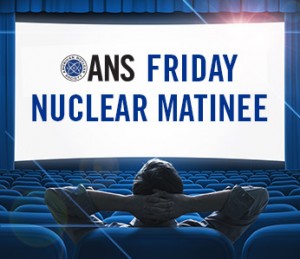Nuclear Energy for Puerto Rico
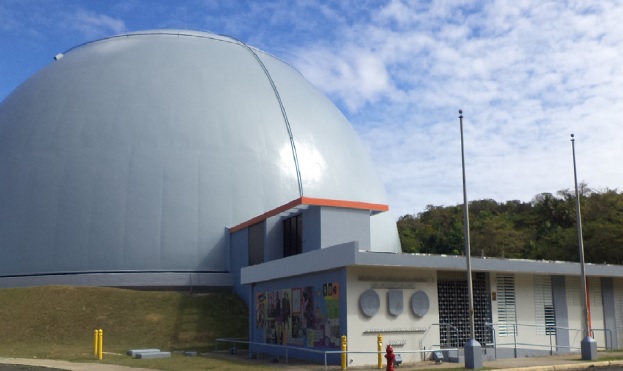
BONUS nuclear plant as it appears today (Photo courtesy US DOE)
Among the many different reactor concepts being investigated in the late 1950s and early 1960s was the idea that the steam produced by a boiling water reactor, which normally goes straight to the turbine building, could be superheated (or have further heat added once it was already steam) by nuclear energy. This would greatly increase the efficiency of the plant, as well as make dry steam at a high pressure that would allow the use of (less expensive) commercially available equipment in the steam plant. Two reactors were built to investigate the idea of performing both processes in essentially the same reactor-one in South Dakota and (perhaps incredibly to today's readers) another of a very different design on the island of Puerto Rico.


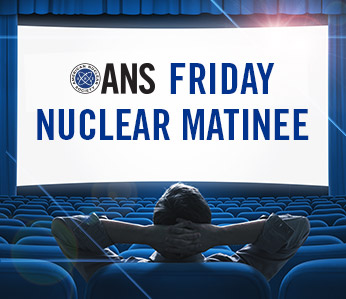
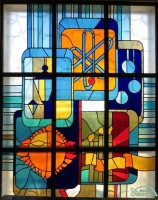
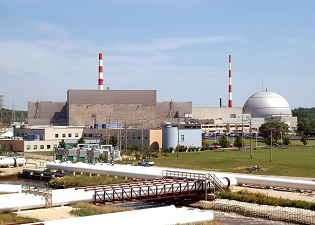
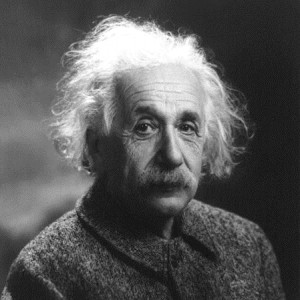 His name has become synonymous with genius; his playful, quirky persona and shaggy image the basis for the pop culture phenomenon of the absent-minded professor, and his incandescent brilliance forever changed the world and marked him Time magazine's "
His name has become synonymous with genius; his playful, quirky persona and shaggy image the basis for the pop culture phenomenon of the absent-minded professor, and his incandescent brilliance forever changed the world and marked him Time magazine's "